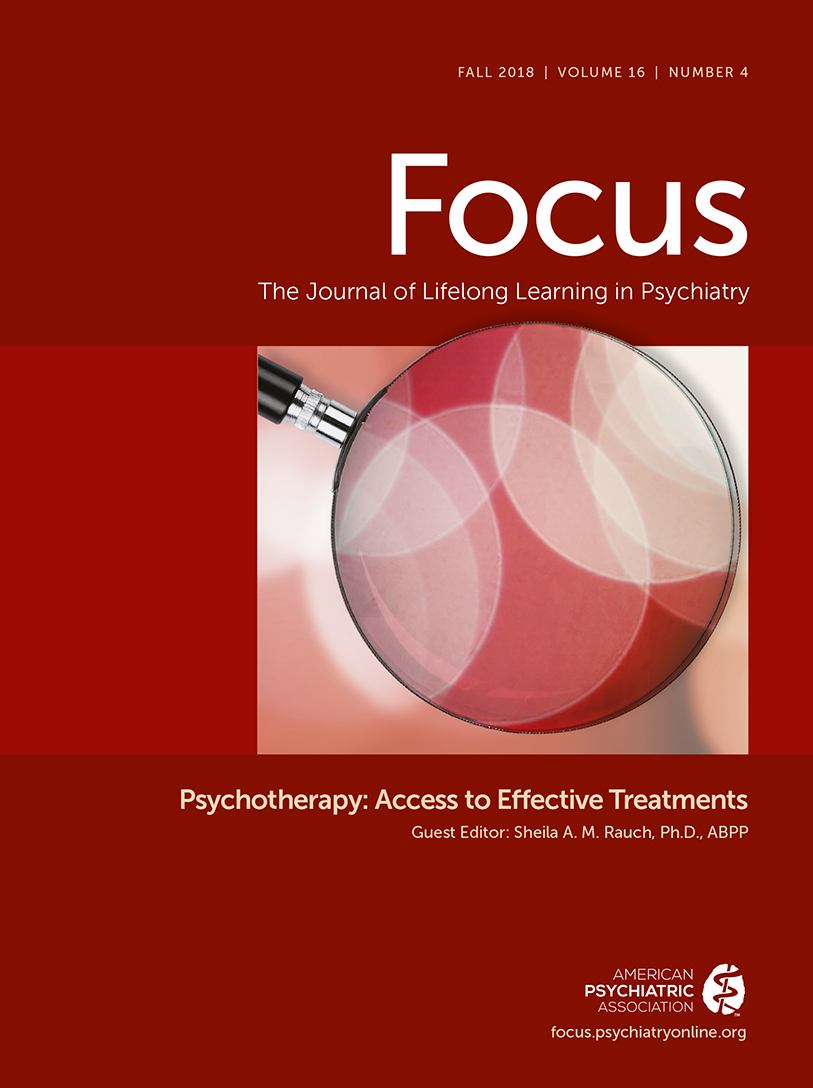Effects of Traumatic Events
The risks of mental health problems in the aftermath of childhood sexual abuse are many—and they often persist into adulthood. To prevent further morbidity and hardship for victims, it is very important to examine and analyze how these risks turn into reality, and the field needs to develop such approaches.
Sanders et al.’s important article (1) reflects just such an endeavor—to discern that risk—in particular, the risk that sexual abuse in childhood will lead to the subsequent use of substances or, as the authors put it, “to examine PTSD as a modifiable risk factor to reduce the effects of sexual abuse on substance use.” The authors’ study of the juvenile justice population provides a group with greater frequency of both factors. The authors also make the point that childhood sexual abuse is not a modifiable risk factor once it has occurred, so the symptoms of PTSD are, therefore, the target clinical phenomenon they want to affect in order to effect change in symptoms and outcomes. This is important because intervention for “substance use alone underestimates the role PTSD symptomatology plays in the onset and maintenance of substance use behaviors.” That approach works—at least, from the self-medication perspective.
This article analyzes an important topic. Only with such studies that begin by examining symptomatology can we move further into understanding the effects of traumatic events.
1 : PTSD symptoms mediate the relationship between sexual abuse and substance use risk in juvenile justice–involved youth. Child Maltreat 2018; 23:226–233. doi:



